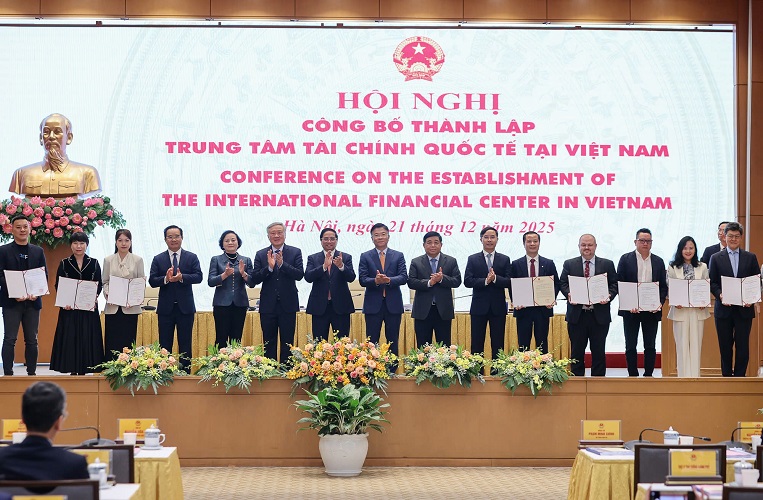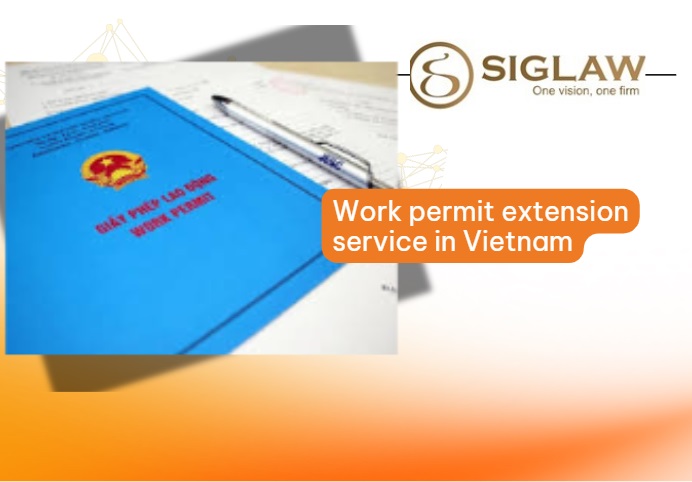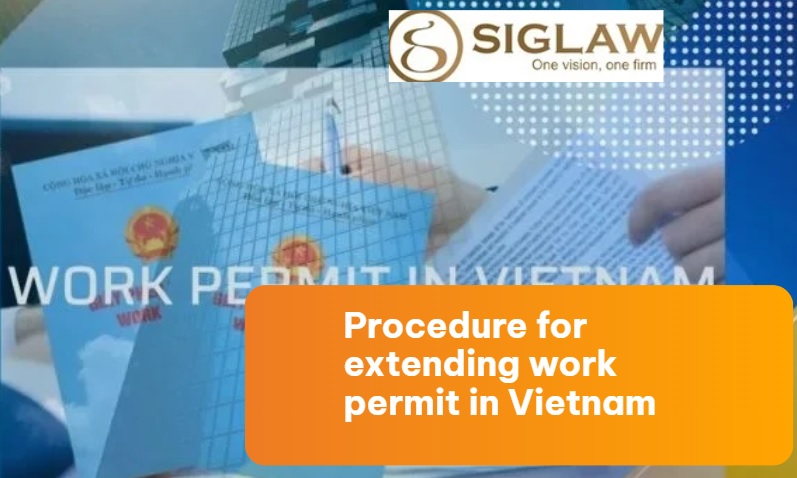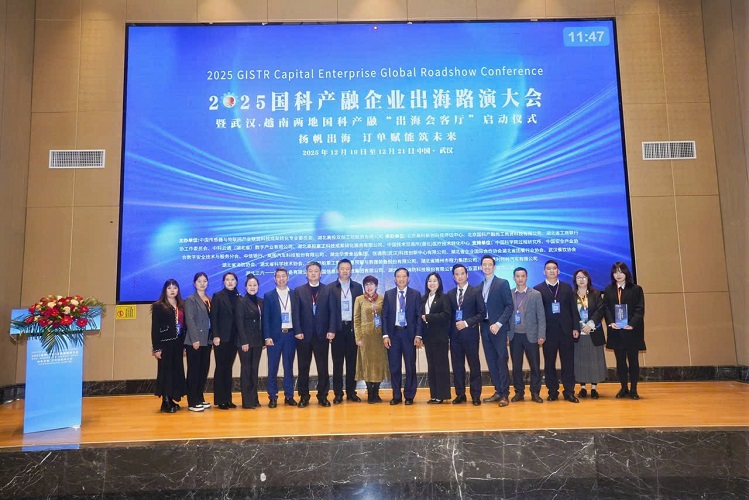What is an Economic Zone? Conditions for Establishing an Economic Zone
The establishment and management of economic zones not only promote economic growth but also create opportunities for investment, employment, and enhance international integration. In this article, we will explore the concept of economic zones, their crucial role in economic development, and the necessary conditions for establishing an economic zone under Vietnamese law.
Economic Zones and Their Importance in Economic Development
Economic zone is an area designated by the government or authorized regulatory bodies for special development and management, with the primary aim of promoting concentrated economic activities such as manufacturing, export, technology, tourism, and services. Economic zones are increasingly becoming a vital tool for driving economic development and facilitating integration into the global economy.
What is an Economic Zone? Conditions for Establishing an Economic Zone
The Roles of Economic Zone Types
There is a variety of economic zone types, each depending on specific goals and focused industries. Among them, port economic zones focus on developing maritime transport and logistics activities, enhancing export-import capabilities. Industrial economic zones concentrate on the development of manufacturing and processing industries, fostering economic restructuring.
Additionally, there are tourism economic zones that emphasize the development of the tourism sector and related services, contributing to revenue generation from tourism and enhancing the country’s image. See also: Establishing a Foreign-Invested Logistics Company in Vietnam.
Conditions and Procedures for Establishing Economic Zones under Vietnamese Law
The establishment of an economic zone requires not only appropriate decisions and policies but also compliance with the procedures and conditions set forth by law. Under Vietnamese law, the formation of an economic zone necessitates meeting both general and specific conditions:
General Conditions
- Provisions of the Law on Investment: The established economic zone must comply with the relevant provisions and guidelines of the Law on Investment.
- Financial Capacity: Establishing and developing an economic zone requires sufficient financial resources to ensure infrastructure construction and promote business activities within the area.
Specific Conditions
- Favorable Geographical Location: The economic zone must be located in an area with favorable transportation, infrastructure, and resources to facilitate business operations.
- Required Infrastructure: The economic zone must have sufficient transportation, electricity, water, and essential utilities to effectively support business operations.
- Economic-Social Development Plans: The development plan for the economic zone must be consistent with the economic and social development plans of local and national authorities.
- Environmental Impact Assessment and Protective Measures: Conduct an environmental impact assessment and implement protective measures to ensure that the activities of the economic zone do not harm the environment.
- Management, Security, and Order within the Economic Zone: Ensure security and order within the economic zone to protect business operations and facilitate effective management.
Process for Establishing an Economic Zone
- Proposal and Location Identification: Local management authorities or relevant agencies determine a suitable location for the economic zone, based on economic, social, and environmental factors.
- Approval Procedures: Including obtaining approval from regulatory authorities and registering investments in accordance with legal regulations.
- Construct and develop the economic zone: Carry out infrastructure development and attract investors to engage in business activities within the economic zone.
- Management and Operations post-Establishment: Authorities must monitor and supervise the economic zone’s operations to ensure compliance with legal regulations and effective development.
Current Status and Examples of Economic Zones in Vietnam
Vietnam has successfully established several economic zones that significantly contribute to national development. For instance, Cai Lan Economic Zone in Quang Ninh focuses on port and maritime industries, boosting import-export activities and tourism. Nghi Son Economic Zone in Thanh Hoa specializes in the energy sector, playing a key role in securing energy supply for economic growth. See also: List of Industrial Zones in 64 Provinces and Cities.
Opportunities and Challenges
In the future, economic zones will continue to contribute to Vietnam’s economic growth. They have the potential to promote economic expansion, attract foreign investment, and generate jobs. However, challenges remain, such as environmental management, competition with other economic zones, and ensuring security within the zones.
Economic zones play a crucial role in driving economic growth and creating development opportunities. Establishing economic zones must follow legal procedures and conditions to ensure the sustainability and efficiency of business operations. Vietnam can leverage the potential of economic zones to boost economic development and further integrate into the global economy.
For free consulting, please contact Siglaw Law Firm:
Phone: (+84) 961 366 238
Email:
- vphn@siglaw.com.vn
- vphcm@siglaw.com.vn
Headquarters: No.44/A32-NV13, Gleximco A, Le Trong Tan street, An Khanh, Hoai Duc, Ha Noi, Vietnam.
Southern branch: No.103 – 105 Nguyen Dinh Chieu Str., Xuan Hoa Ward, Ho Chi Minh.
Central branch: VIFC DN – ICT Building Software Park No. 2, Nhu Nguyet Street, Hai Chau Ward, Da Nang City
Facebook: https://www.facebook.com/hangluatSiglaw










